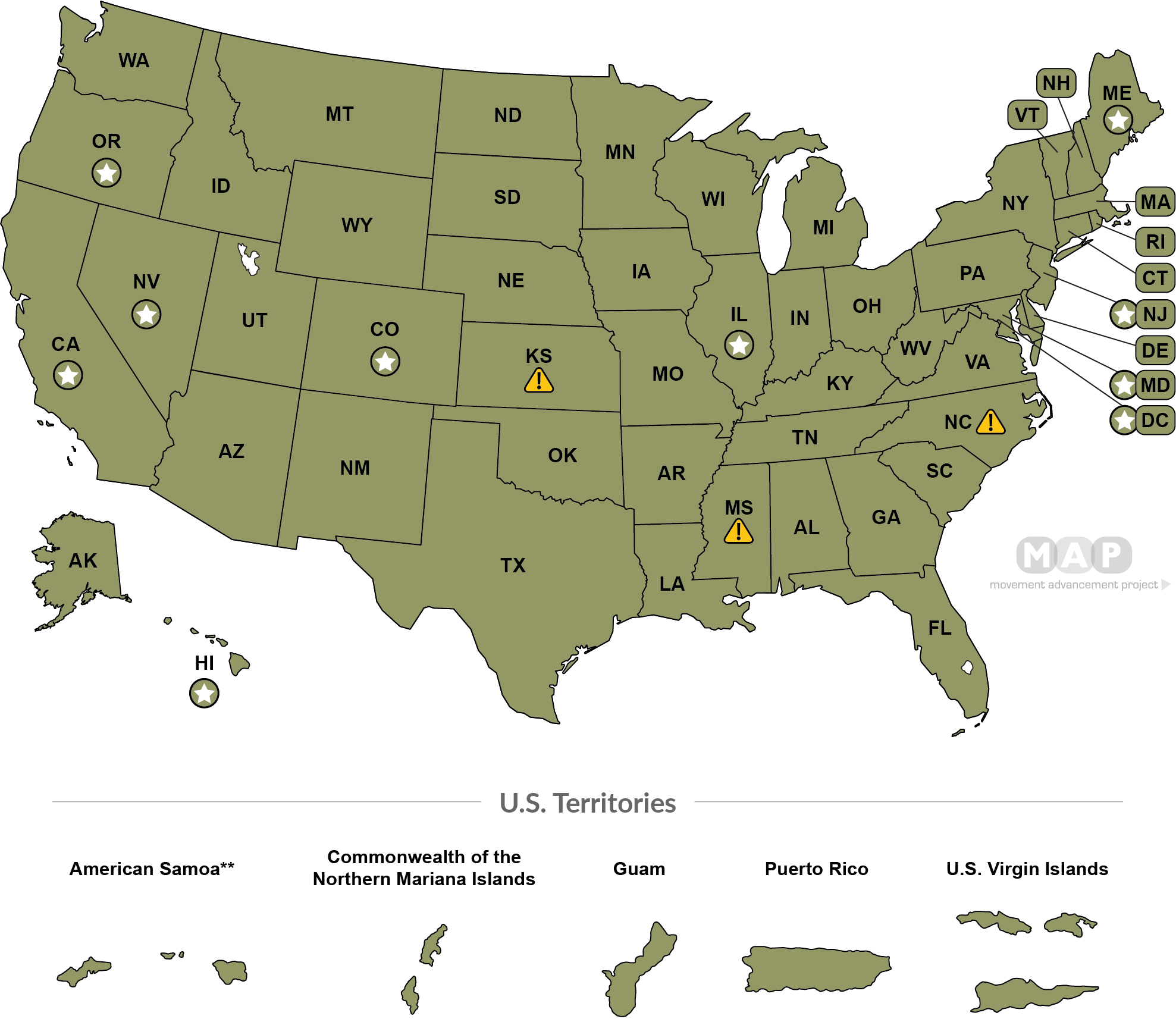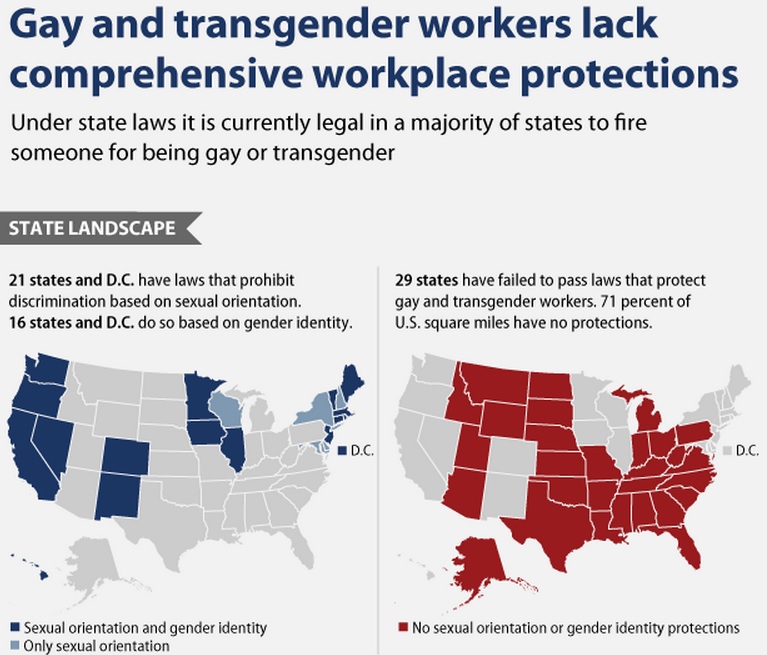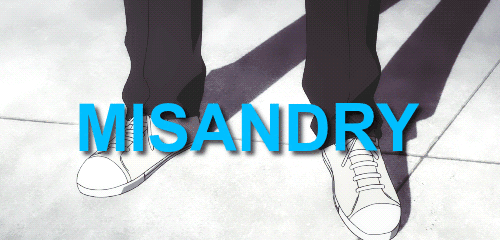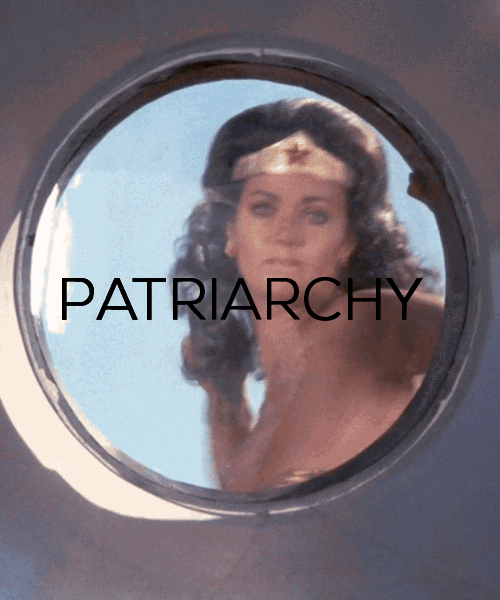 |
| Map via lgbtmap.org |
But though the battle may be won, the fight isn't over.
Marriage equality is a crucial milestone in this nation's fight for equality. However, marriage equality is only one of the many rights the LGBTQ+ community is fighting for. Unless we fight for those rights too, we'll never reach true equality.
For starters, as excellent as homosexual marriage is, it's still going to be an institution largely accessible to only gay white men. Marriage isn't cheap; even if you're nuptials are being held at the circuit court, there are fees and hoops you have to go through. Furthermore, in more rural areas where courts are far and wide, gay marriage is less accessible. Due to racial and gender privilege, gay white men are more likely to live in an affluent area and have the means to afford a marriage. In the LGBTQ+ community, gay white men are the closest thing to society's ideal human: a heterosexual, cisgendered, white male. As a result, they are the most palatable part of the LGBTQ+ community to the cis-hetero public, and thus it is their rights that are championed the most vehemently.
 |
| Photo via the Human Rights Campaign |
Ending Employment discrimination laws
Just because gay people can get married, doesn't mean that they're not discriminated against in the workplace. Somewhere between 19-43 percent of gay people experience discrimination or harassment in the workplace, and a whopping 90% of trans people report being harassed at work. Furthermore, LGBTQ+ people can be fired or not considered for a job on basis of their sexual or gender orientation. Only 21 states have any protection from such discrimination, meaning that in the majority of the U.S. LGBTQ+ people have little to no job security on the basis of their identity.
 |
| Graphic via equalitymatters.org |
Even though we're going through a wonderful transgender acceptance moment right now, there's still a huge stigma surrounding the trans community. The trans community experiences the highest rate of hate crimes, especially amongst trans women of color. They're also the most likely to not be hired for a job based on their gender identity. Further perpetuating the trans stigma are simple things like refusing to use proper pronouns or denying trans people access to the bathrooms that conform with their gender identity. From semantics to crime, trans people currently get the short end of the equality stick, and both allies and the LGBTQ+ community have a responsibility to end that.
Ending Bi/Pan Erasure
When we talk about the LGBTQ+ community, sometimes we ignore the "B" and pretend it doesn't exist (And we almost always erase the "P," since the whole acronym is LGBTQPIA). As comfortable as people may be with homosexuality and heterosexuality, we have a startling phobia of non-monosexuality. In this way, we deny people a portion of their identity. The Bi and Pan community is often labeled as indecisive, sexually greedy, and selfish. Bi and Pan are real identities, and in erasing them from our discussions of the LGBTQ+ community, we're erasing any chance of sexual freedom and of breaking the mono sexual standard.
Increasing Economic and Racial Inclusivity in the LGBTQ+ Community
The people who have access to proper health care, good jobs, and yeah, marriage, tend to be white, middle to upper middle class queers. The people left behind? Anyone who's not white and rich. When we exclude intersectionality from our discussions of LGBTQ+ issues, we're excluding the majority of the LGBTQ+ community whatever changes we make ultimately will still exclude those people. This is one of the fatal flaws of the LGBTQ+ movement.
Look, we've made significant progress, but we're not done fighting. It's the responsibility of allies, queer people, and everyone in between to keep fighting for these rights. I have faith in the us as a community because after all, if love won on one day, why can't love win everyday?





































